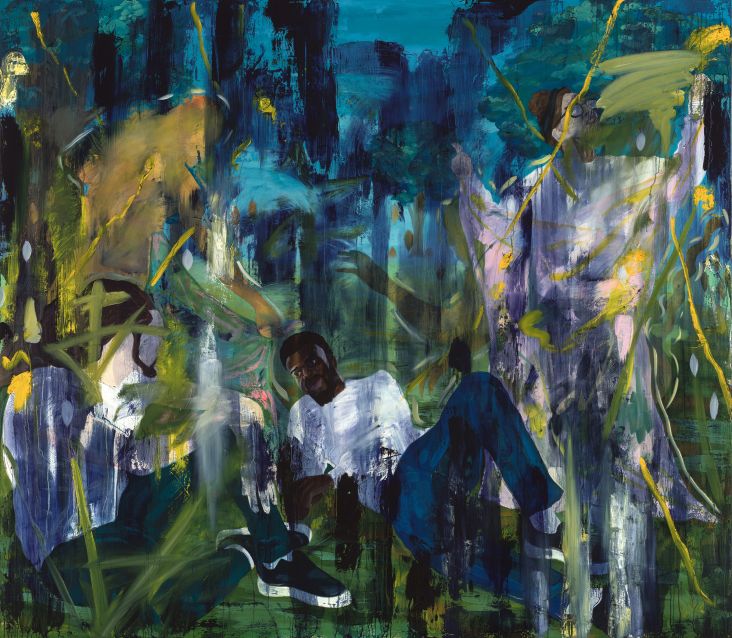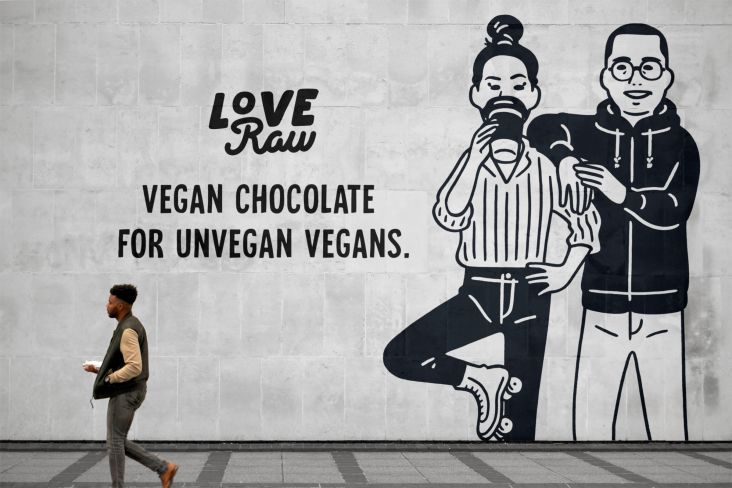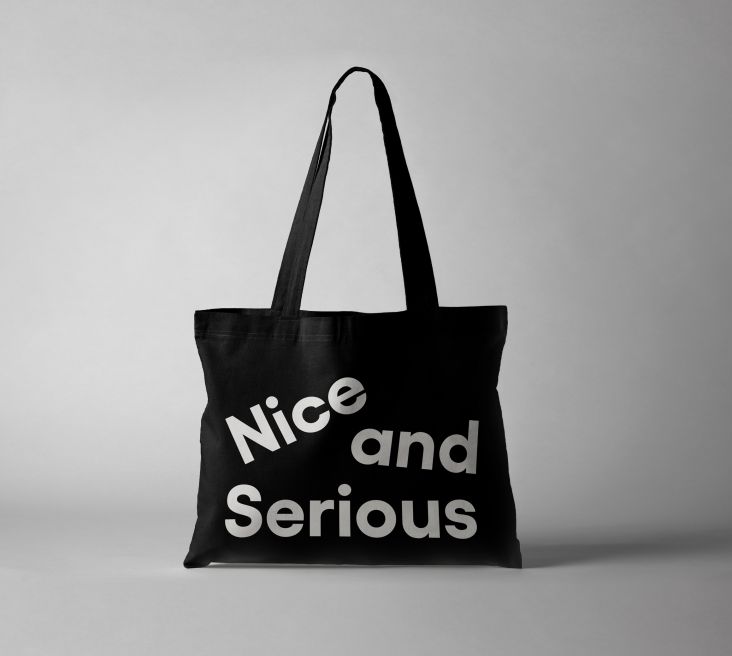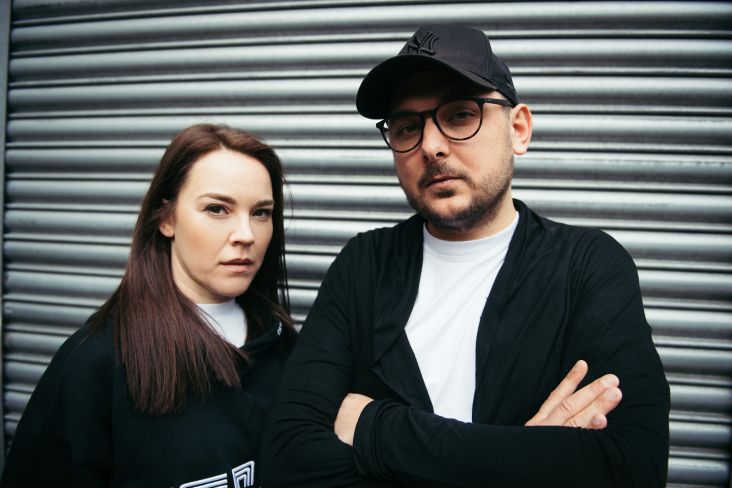Amelia Troubridge's tribute to Manchester during the heady days of rave culture in the '90s
She was right there when rave culture happened, way before it entered the mainstream, and now Amelia Troubridge is revisiting her photographs of the late '90s in Manchester when the city was alive with New Order, Factory Records, Tony Wilson, and The Happy Mondays.
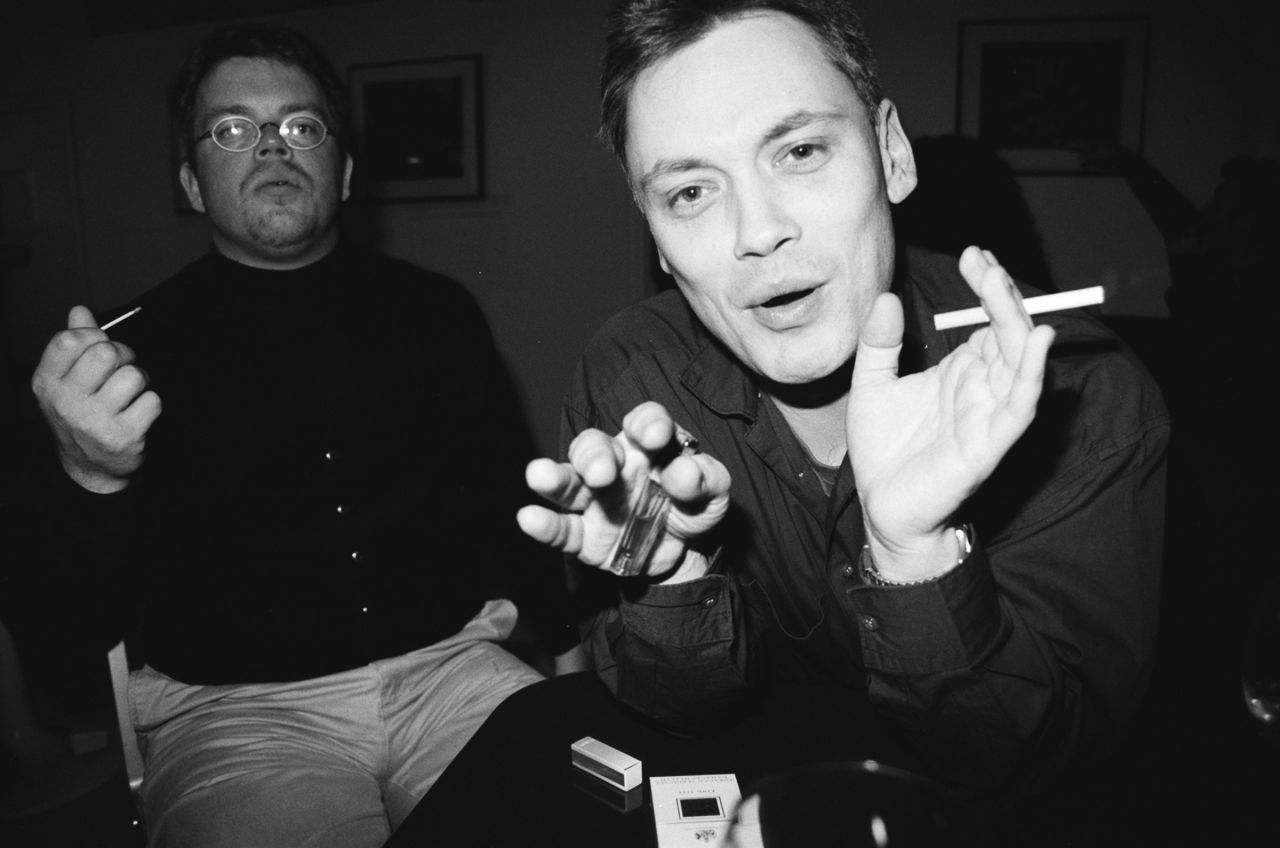
Terry Christiansen © Amelia Troubridge
Presented in a new book, Manchester 1997-2001 – published by Café Royal Books – the images are based on the photographer's assignment for Esquire magazine in 1997 when she captured the cultural shift the city was experiencing and the major players in the film and music scene. "It was a celebratory period at the end of the century," Amelia tells us. "So much positivity was happening at that time and I was thrown into the Manchester scene, meeting all the characters of that day. It feels like quite the contrast to what's happening now."
But rather than being at its cultural peak, Amelia says it was more of the "hangover" of that "positive but chaotic" decade – something she first experienced at aged 16: "As a rebellious schoolgirl, I was at the opening of the Ministry of Sound in 1991 and went every single weekend. It was a family for me. An incredible moment. I once sat in the club's VIP room with Frankie Knuckles discussing the meaning of life. It was a wild time," she says. "I didn't have my camera back then; I was participating. I was never able to get high and take photos – it was either-or."
Amelia put her partying to an end when she picked up a camera, saying it "gave her another reason to be there" and stopped any boredom because if she was "looking and capturing", she could stay all night.
Why the memory trip now? "I needed to look back to move forward," says Amelia. "Like many people, I've been deeply affected by the division, the judgement, the blame, and the dishonesty of the last four years. I was asking myself, how did we get here? What was my part in it? Was this stuff going on back then? I also needed to remember a much better time when our country felt more unified. I needed to remember that positivity to stay happy and sane."
That optimism and hope was something many shared in the '90s. Although British politicians responded with hostility to rave culture, the scene was bringing people together like never before.
She continues: "A lot of the issues we're seeing today existed back then, it's just that no one wanted to hear about them. We were telling important stories but no one really listened. We were certainly not silent. With everything that's happening today, it was important to look back at these images of Manchester during a critical shift in Britain's history."
Amongst her archive, we see Tony Wilson, Shaun Ryder, Bez, Terry Christian, Dave Haslam, Eliot Rashman, New Order's Stephen Morris and Peter Hook and Steve Coogan – something Amelia says was very much "a man's world" back then. Her favourite to shoot? "Tony! He was a larger-than-life figure. He was very similar to my dad. A dreamer, utterly irresponsible, naive Englishman who brings everybody together and doesn't think about the consequences. And he wasn't bothered about the money either. A true gentleman."
By 2001, Amelia was hired to work on Michael Winterbottom's cult film 24 Hour Party People – perhaps a sign that the '90s party was really coming to an end: "It was such a transitional period. We knew that it was the last 'hurrah'. An end of an era. The digital revolution started to change everything and its impact was incredible. The world is in such turmoil. I wanted to return to Manchester during a crazy but beautiful time. A magic moment captured forever."
Manchester 1997-2001 by Amelia Troubridge is published by Café Royal Books.
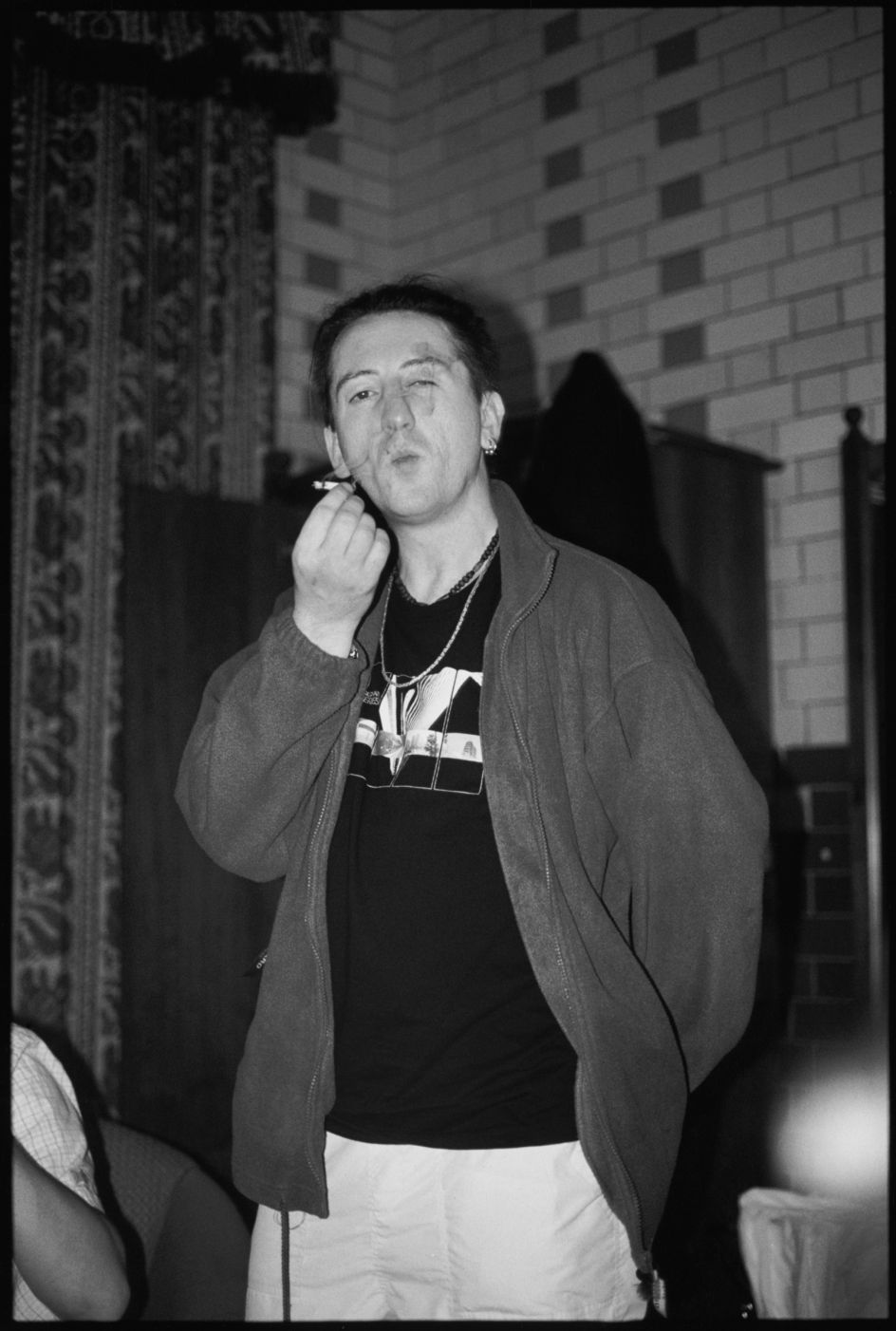
Billy Wizz at The Palace Hotel © Amelia Troubridge
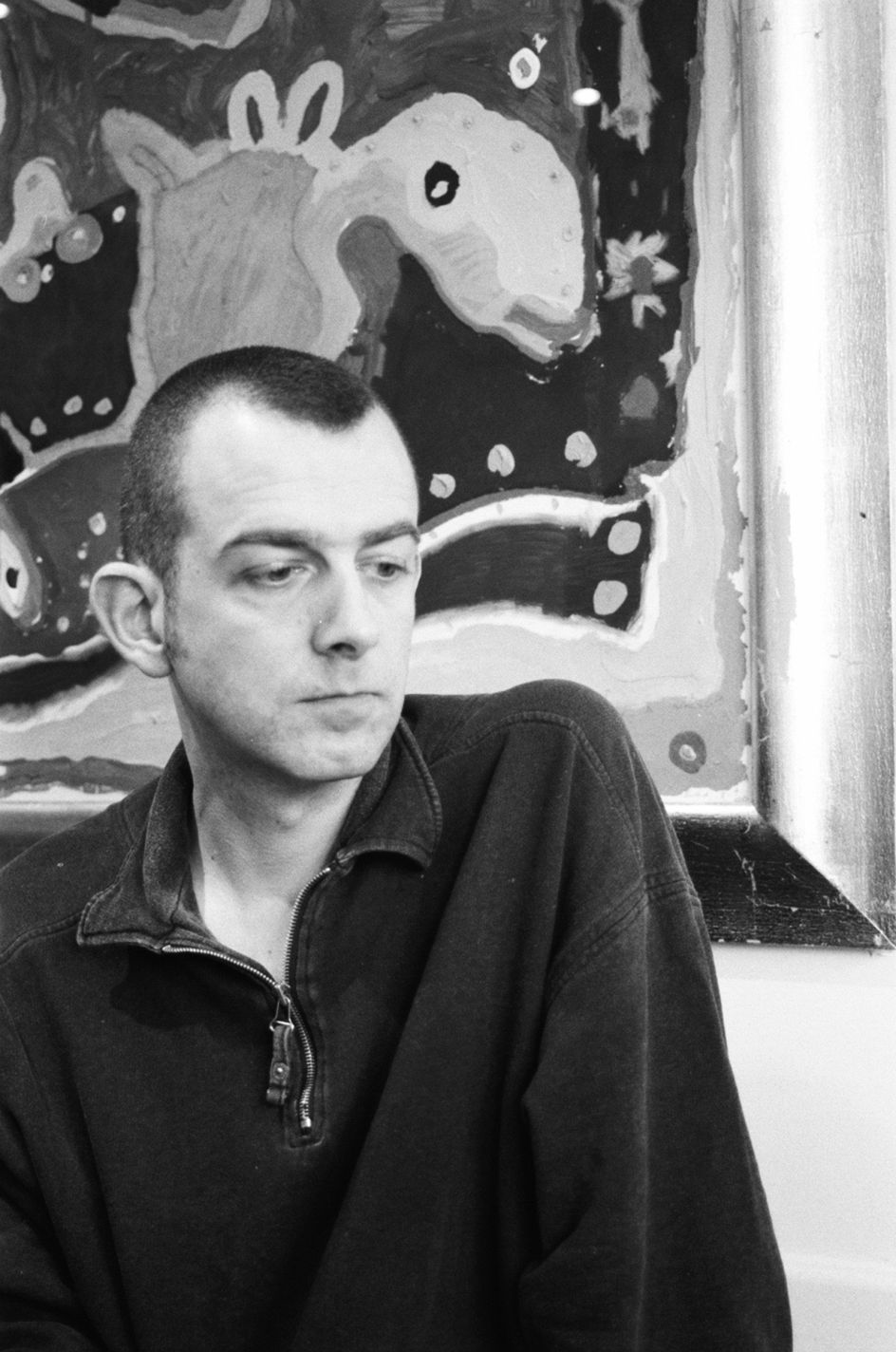
Dave Haslam © Amelia Troubridge
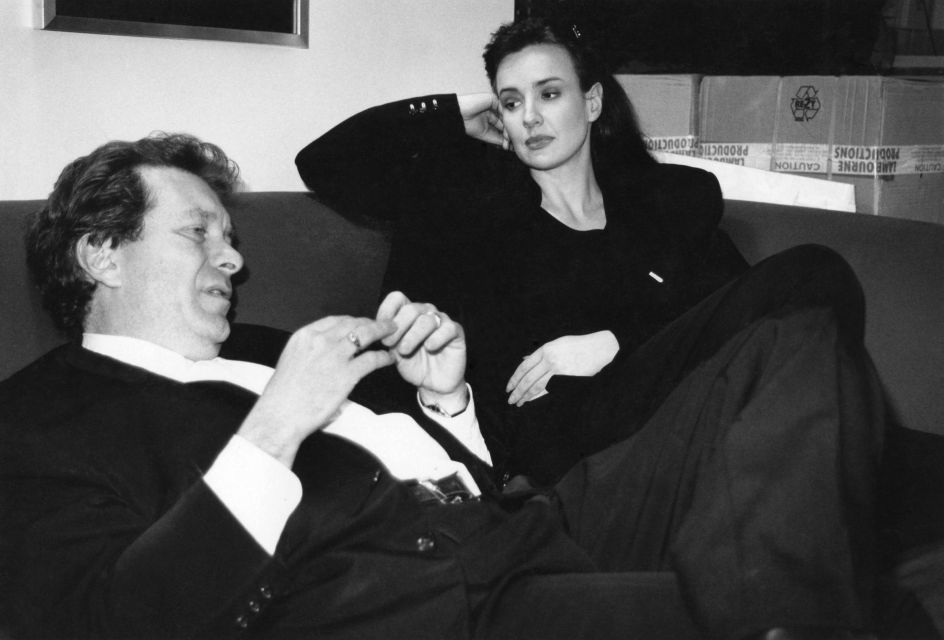
Tony & Girlfriend, 1997 flat © Amelia Troubridge
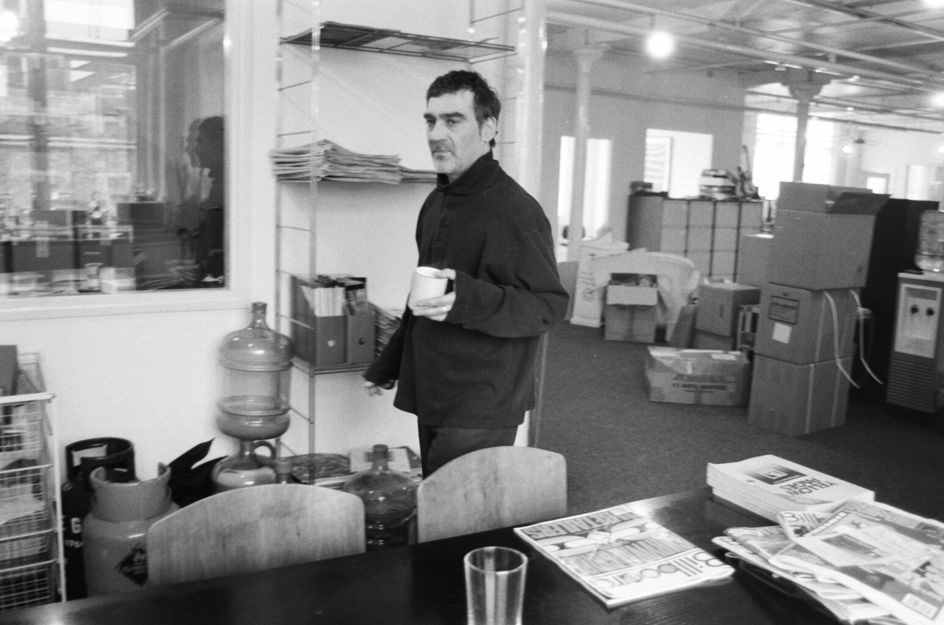
Eliot Rashamn. Manager of Simply Red © Amelia Troubridge
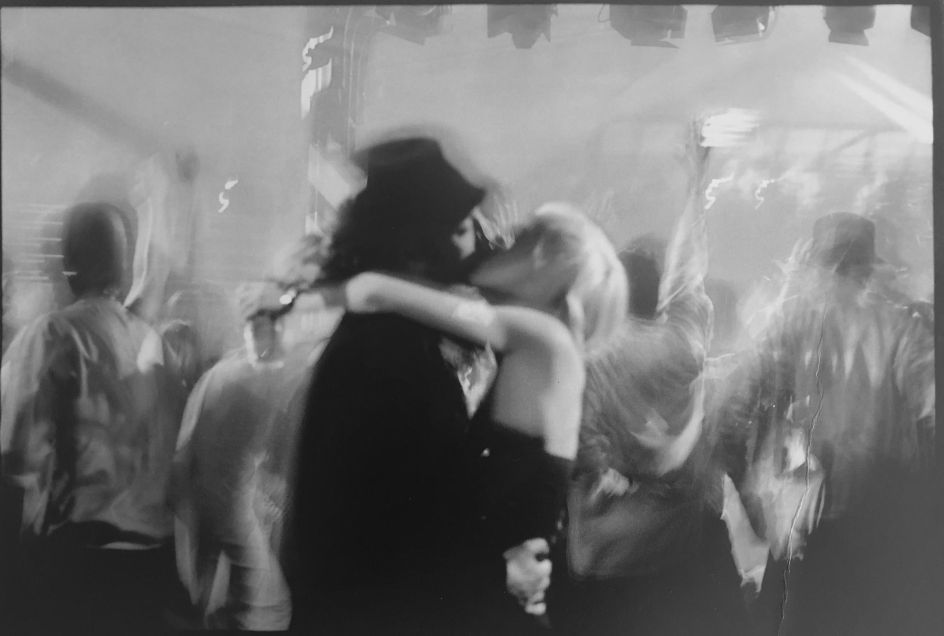
On set of 24 Hour Party People © Amelia Troubridge
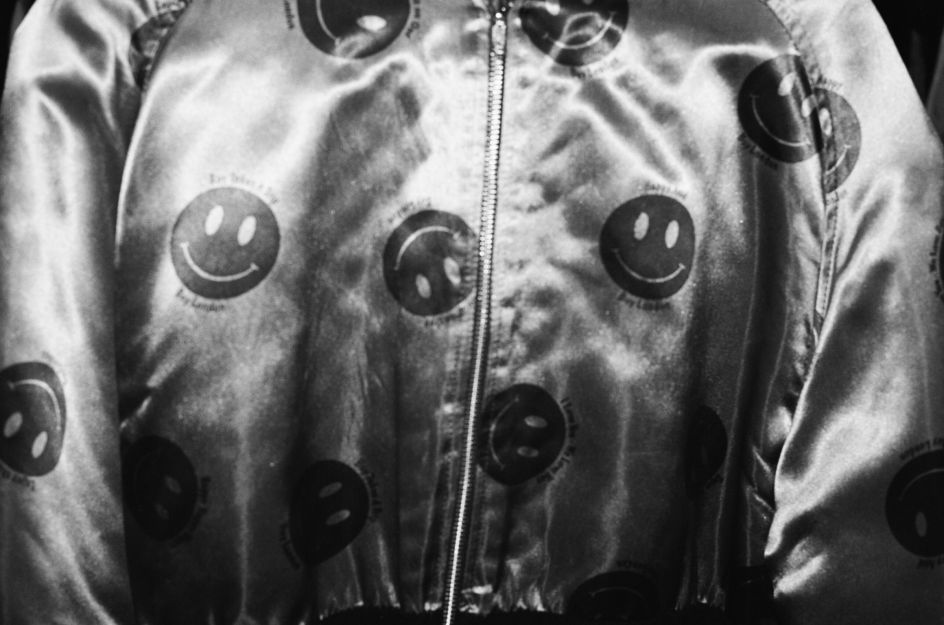
Jacket © Amelia Troubridge
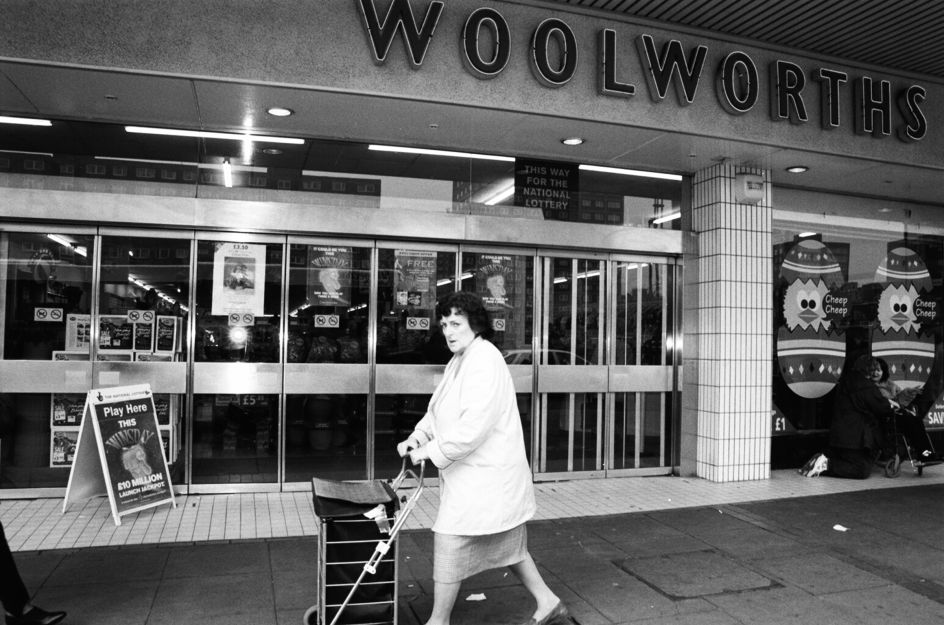
Salford © Amelia Troubridge
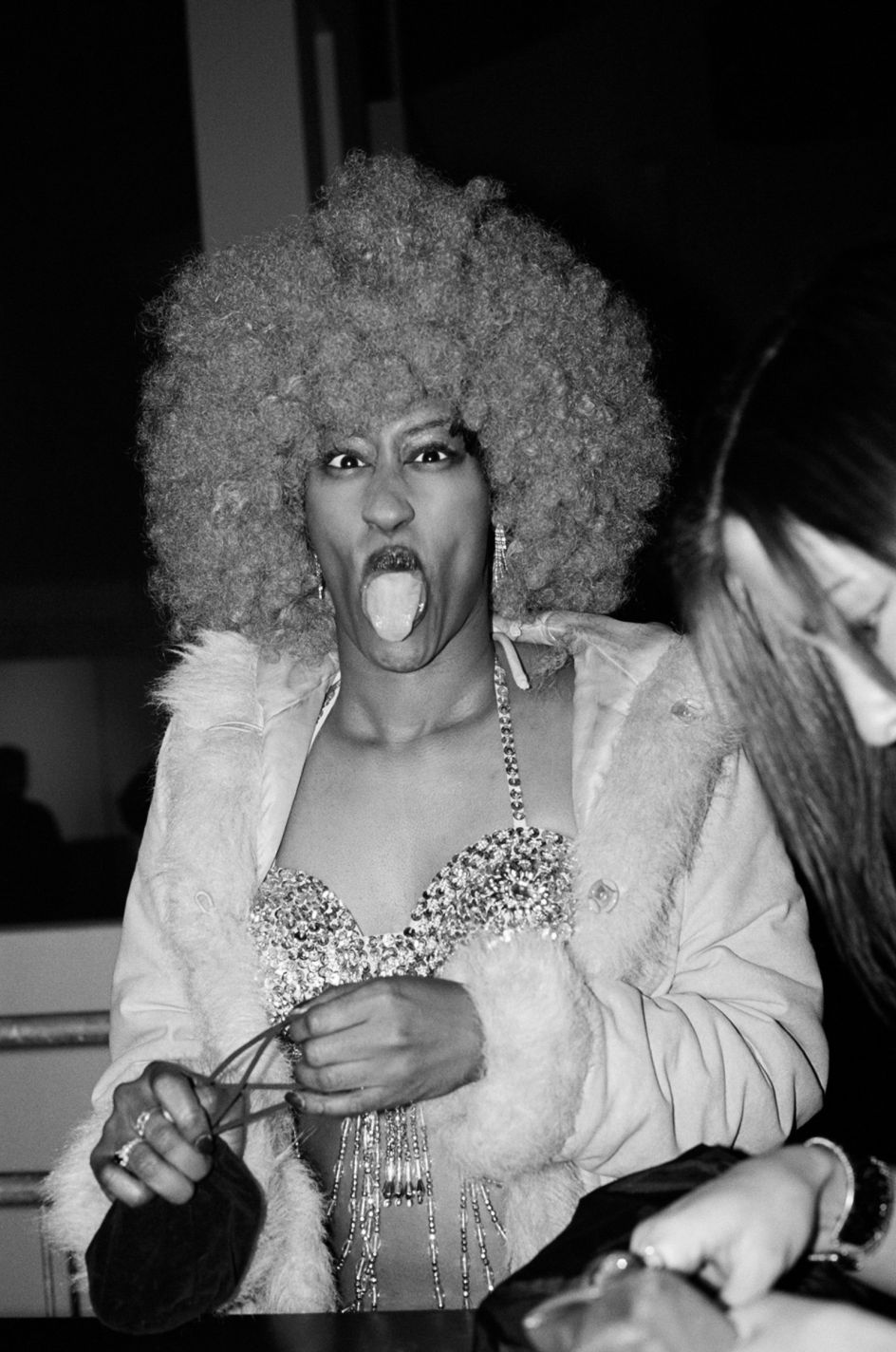
Hacienda, on set 24 Hour Party © Amelia Troubridge People
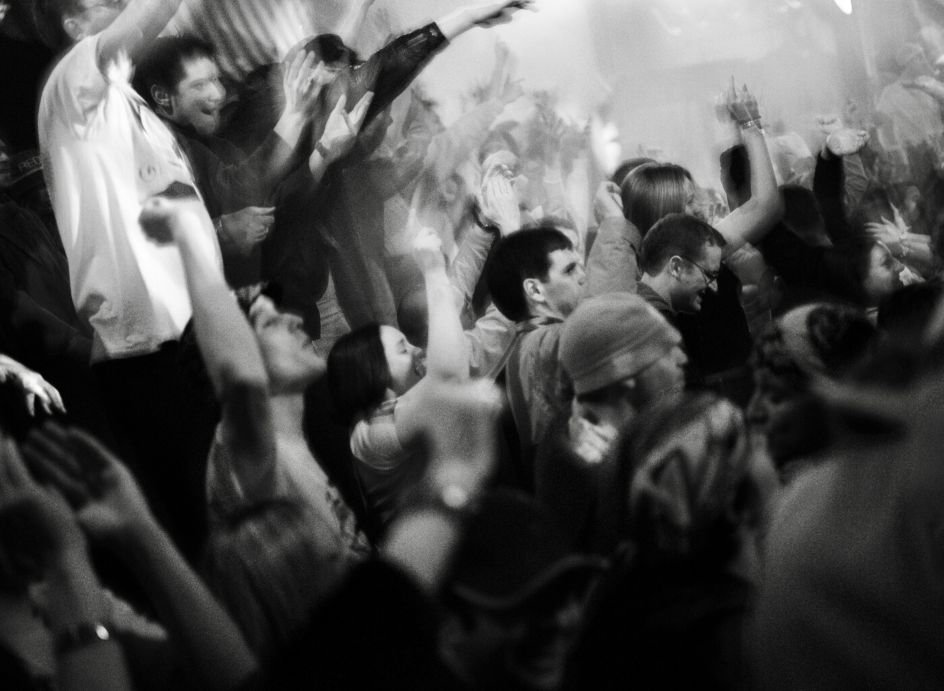
Hacienda, on set 24 Hour Party © Amelia TroubridgePeople
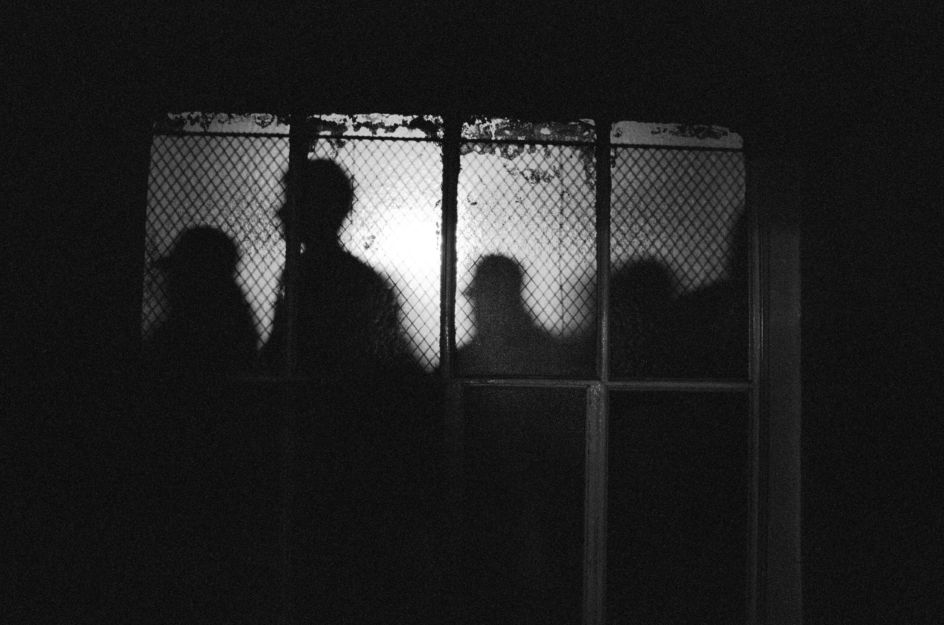
Warehouse Party © Amelia Troubridge
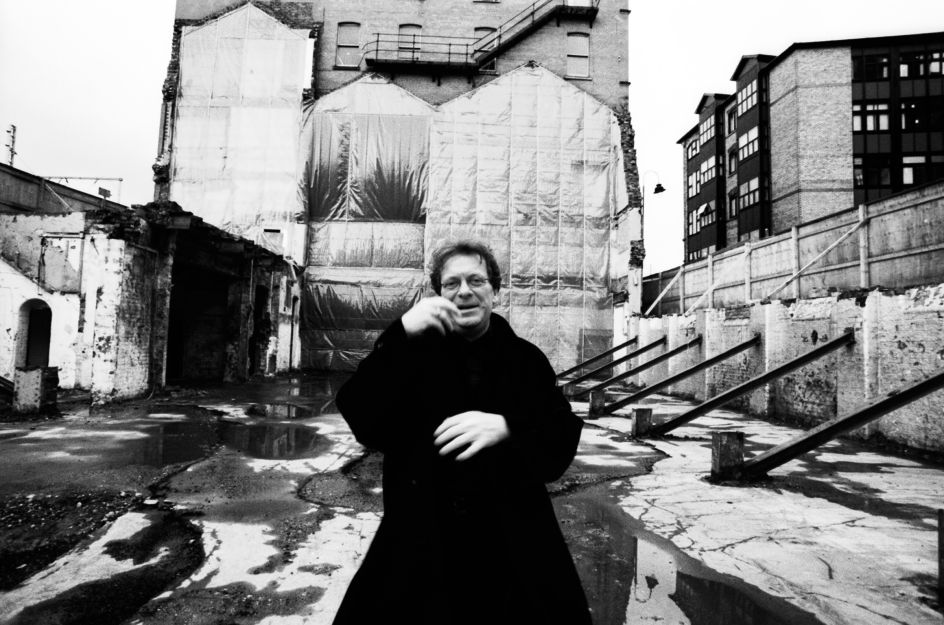
Tony Wilson, Where The Hacienda Once Stood © Amelia Troubridge
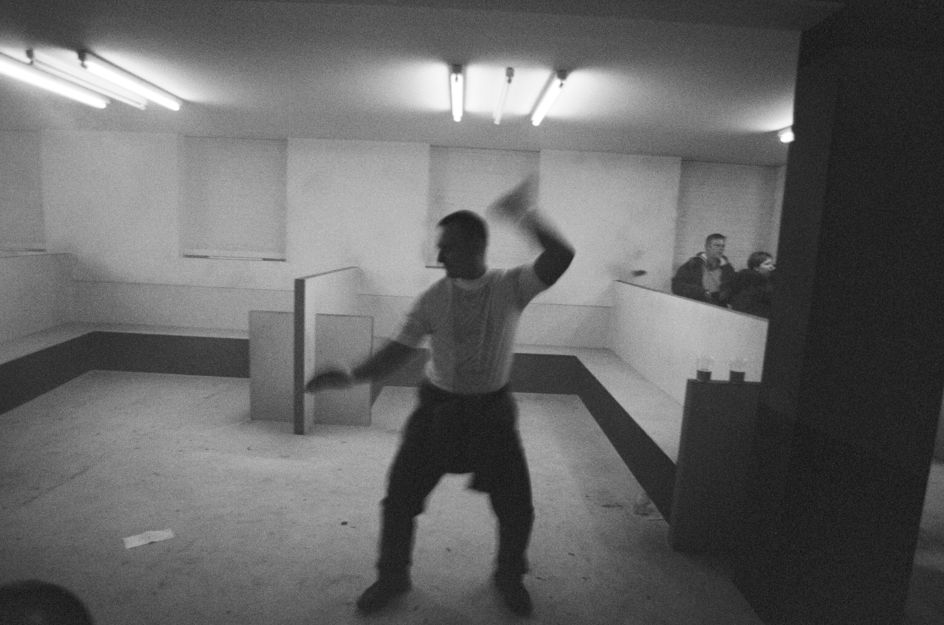
Raving 2001 © Amelia Troubridge
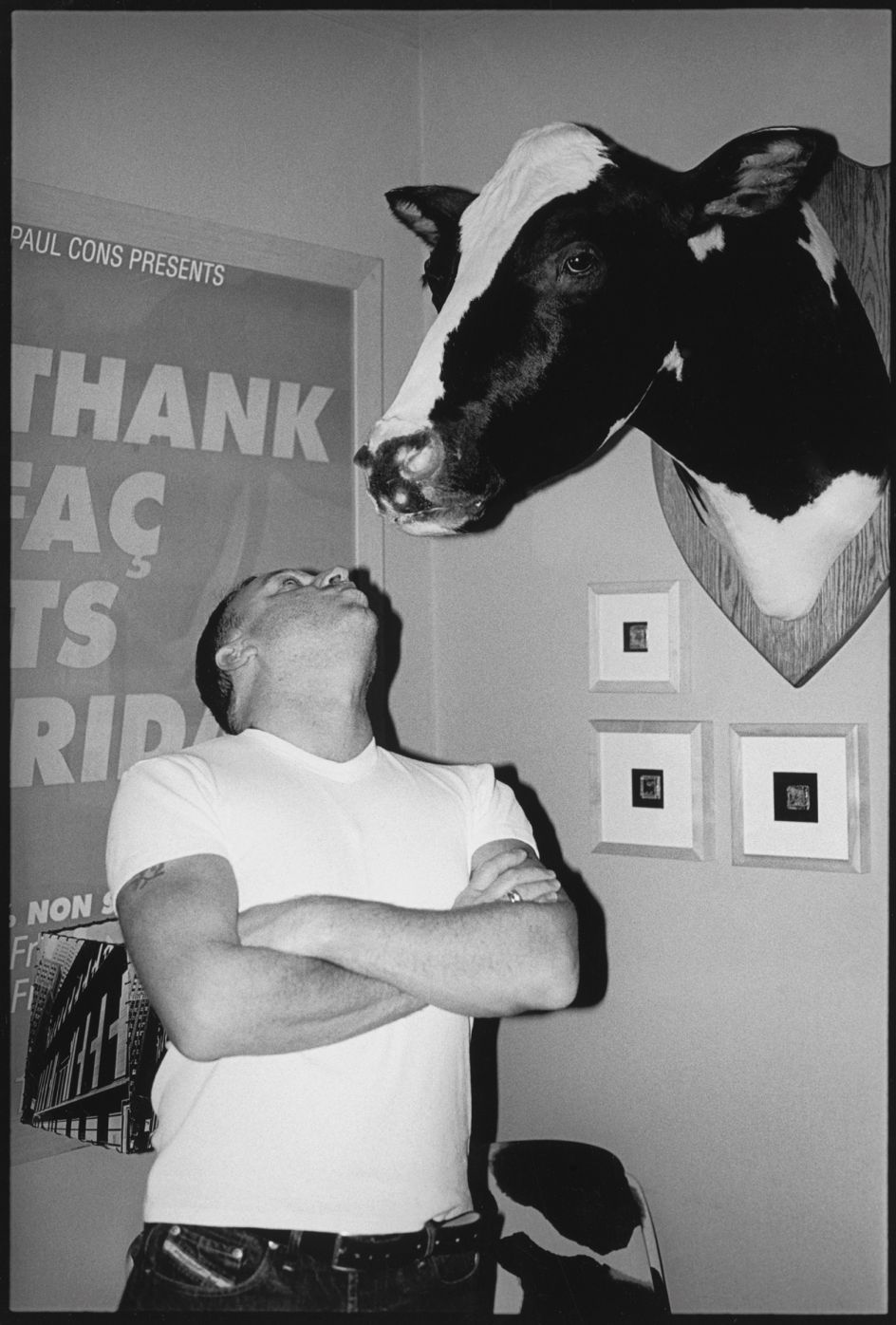
Hooky, New Order © Amelia Troubridge
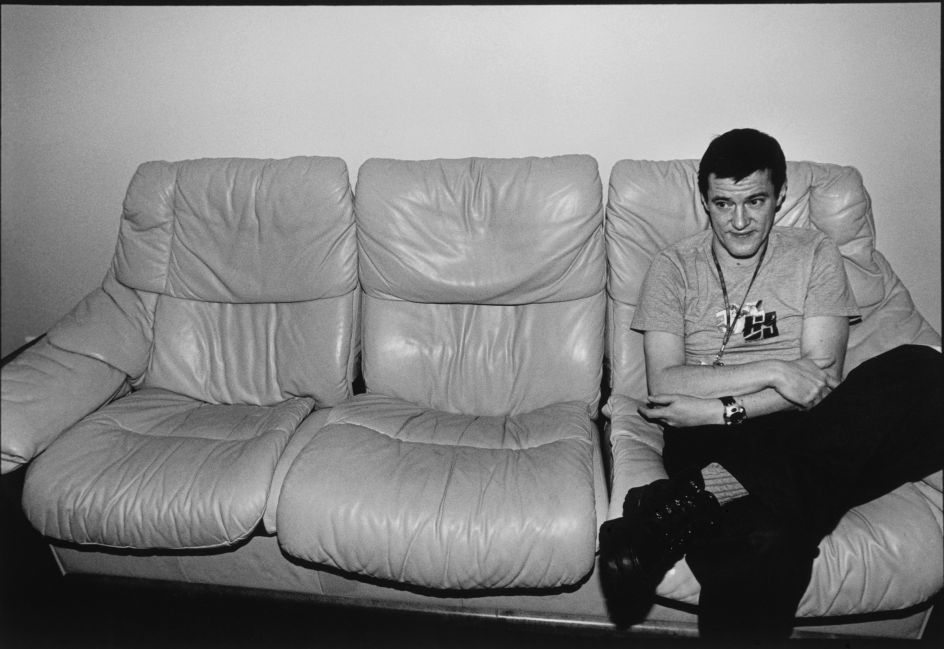
Stevo, New Order © Amelia Troubridge
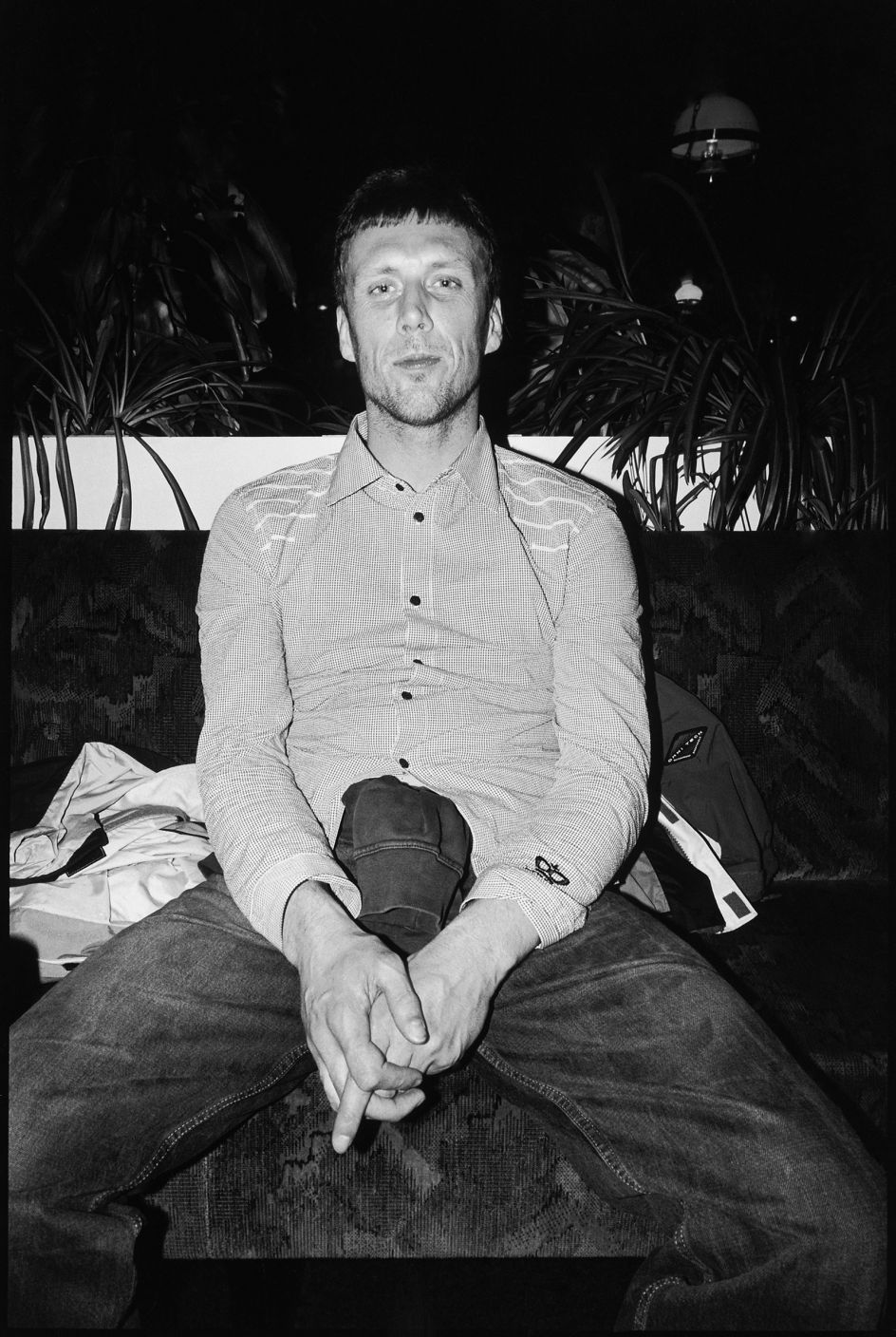
Bez © Amelia Troubridge




 by Tüpokompanii](https://www.creativeboom.com/upload/articles/58/58684538770fb5b428dc1882f7a732f153500153_732.jpg)


 using <a href="https://www.ohnotype.co/fonts/obviously" target="_blank">Obviously</a> by Oh No Type Co., Art Director, Brand & Creative—Spotify](https://www.creativeboom.com/upload/articles/6e/6ed31eddc26fa563f213fc76d6993dab9231ffe4_732.jpg)








, Andrius Vizbaras, Created Motion Design Professional Graduate](https://www.creativeboom.com/upload/articles/06/06d4e8586689f31ec257d948b6d25240a0d16bb8_732.png)

